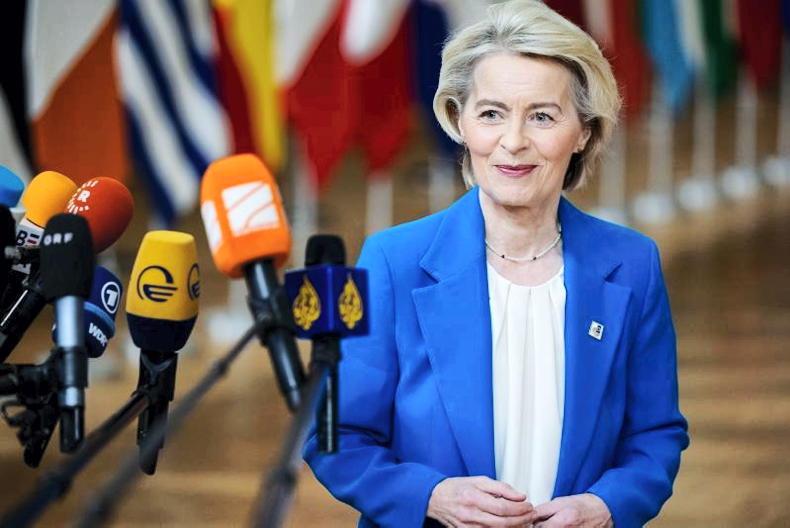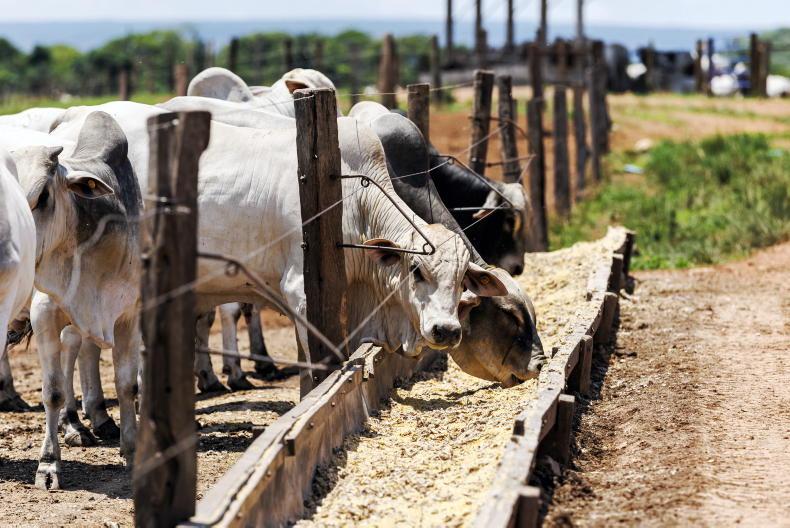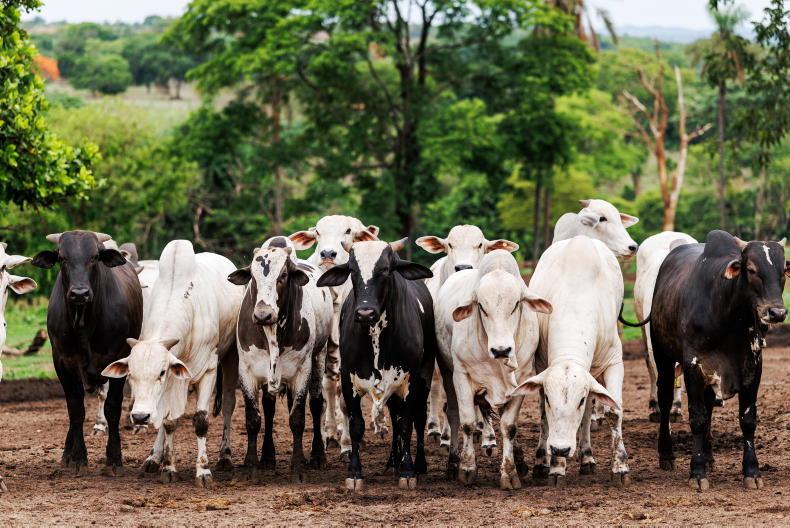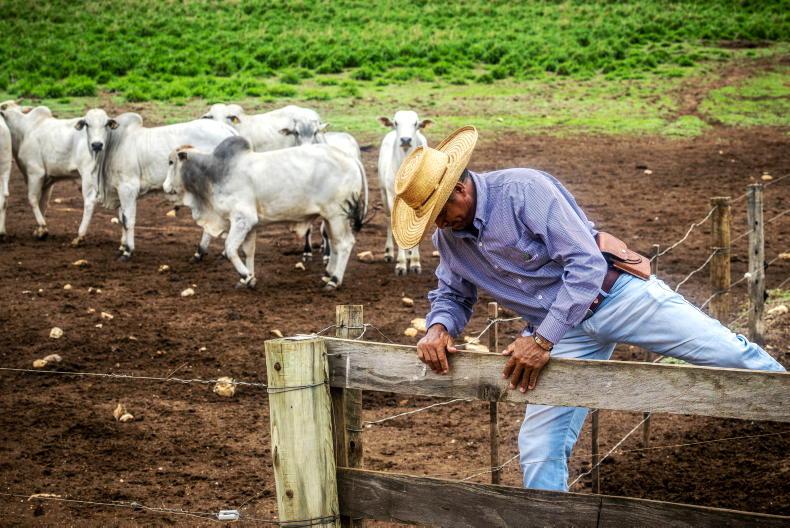DEAR SIR:
In the recent vote in the European Parliament on glyphosate, it is worth noting that a majority of Irish MEPs actually voted in favour of a five-year phase-out of the active substance glyphosate. In fact, out of nine Irish MEPs who voted, five voted for this five-year phase out, three abstained and one voted against.
My personal reason for voting in this way is that I believe this puts pressure on Monsanto and other manufacturers to use their resources and expertise to find a safer alternative to glyphosate.
In this I am not alone and, as well as a majority in the Parliament, approximately 10 member states support a similar position.
In another article in the Irish Farmers Journal, it was claimed that glyphosate “is safe” and two European agencies were quoted. Let us look at what has actually been said. First, the International Agency for Research on Cancer, part of the World Health Organisation (WHO), described glyphosate as “probably carcinogenic”, in a study published in March 2015.
Subsequently, the European Food Safety Authority claimed that “glyphosate is unlikely to pose a carcinogenic hazard to humans” and the European Chemicals Agency maintained “that the available scientific evidence did not meet the criteria to classify glyphosate as a carcinogen”. That’s quite a distance from saying glyphosate is safe.
There is also the issue that neither of the two European agencies have the resources to carry out their own independent studies so they sometimes rely on studies funded by industry.
Yes, this is a grey area and there is uncertainty. On one hand, environmentalists are calling glyphosate “the asbestos of our time” while those in the industry are saying it is “safe”. There isn’t a family in Ireland that has not been touched by cancer and I, in conscience, felt I needed to use the precautionary principle when casting my vote. All I can say is I hope it was the correct decision.









SHARING OPTIONS